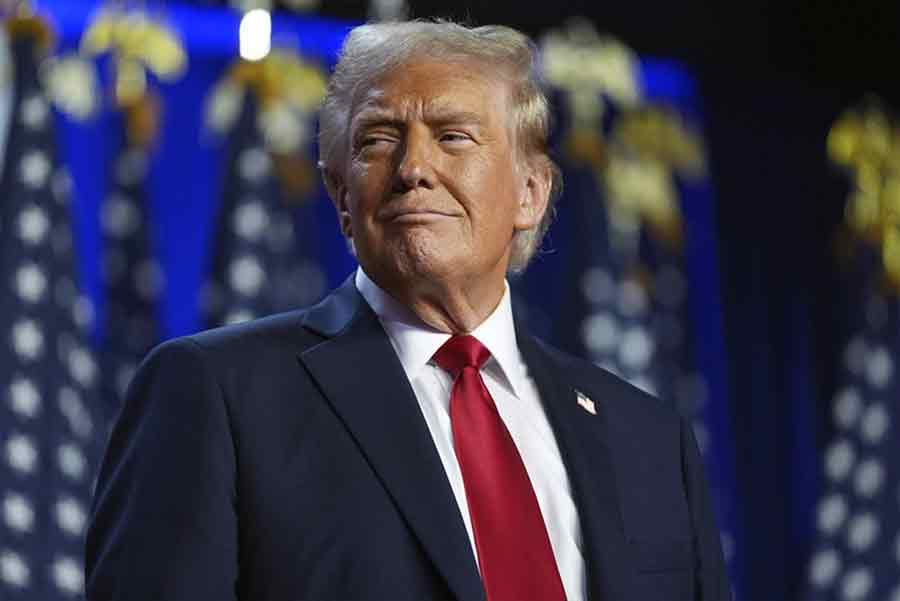

The so-called "reciprocal tariff" policy of the U.S. administration has already emerged as a potentially destabilising force in global trade -- arguably more damaging than any recent disruption. While third world countries are likely to suffer the worst consequences, particularly those like Bangladesh that enjoy a trade surplus with the U.S., others -- even those with minimal trade ties to the U.S. -- may also face significant fallout. The Asia Floor Wage Alliance (AFWA), a coalition of trade unions representing garment workers across Asia, has raised the alarm, warning that the tariff imposition could trigger a humanitarian crisis and deepen inequality in the global garment industry. In a strongly worded statement, the alliance called for brand accountability, asserting that companies benefiting from outsourced production must not remain silent when tariffs result in factory closures and mass layoffs. "The U.S. government's recent imposition of tariffs on apparel imports from Asia endangers the livelihoods of millions of garment workers -- most of them women -- who already earn poverty-level wages," the statement noted.
Drawing unsettling parallels with the COVID-19 pandemic -- when global brands abandoned their responsibilities, leading to widespread layoffs, unpaid wages, and factory shutdowns -- AFWA cautioned that a similar catastrophe looms. Without proactive intervention, history may well repeat itself. AFWA's Deputy International Coordinator, Wiranta Ginting, emphasised that tariffs should not be wielded as weapons in geopolitical conflicts. While tariffs can be legitimate fiscal tools, they are now being used as punitive measures with little regard for consequences. Realistically, reshoring apparel manufacturing to the U.S. is economically unfeasible due to high production costs, which would render clothing unaffordable for domestic and international consumers alike. AFWA also pointed out that the current U.S. tariff policy does not serve the interests of American labour. Instead, it punishes Asian economies for geopolitical reasons and risks destabilising the region's production base. The alliance warned that such disproportionate measures could incite unhealthy competition among countries and fragment the garment workforce.
In addition to condemning protectionist trade policies, AFWA underscored the need to hold global brands accountable for their sourcing decisions. Rejecting what it described as an exploitative global trade model that enriches brands while plunging workers into poverty and debt, AFWA said that brands must not be allowed to profit from low-wage labour and then disappear when crisis strikes, emphasising that governments should not weaponise trade at the expense of human lives. The alliance called for a vision rooted in balanced industrial development and equitable revenue distribution.
There is little room to dispute the merit of AFWA's concerns. The so-called reciprocal tariff undermines the rule-based international trading system, one that strives for equity and cooperation. As things stand, the prospects of avoiding a looming crisis appear slim. For Bangladesh, the situation is particularly alarming. With an economy heavily reliant on apparel exports -- and the U.S. as its largest single market -- the fallout from these tariffs could prove devastating.


 For all latest news, follow The Financial Express Google News channel.
For all latest news, follow The Financial Express Google News channel.